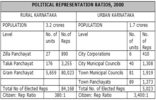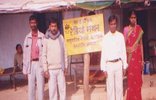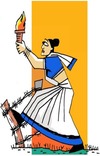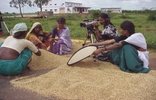Sections
✕
- + Agriculture
- + Children
- + Economy
- + Education
- + Environment
- + Government
- + Health
- + Human Rights
- + Laws and Regulations
- + Media
- + Poverty
- + Right To Info
- + Society
- + Women
More Information
- About Us
- Overview
- Support
- Fellowships
- Submissions
- Republications
- Awards
- Feedback
- Contact Us
- Disclaimer
Social Media












